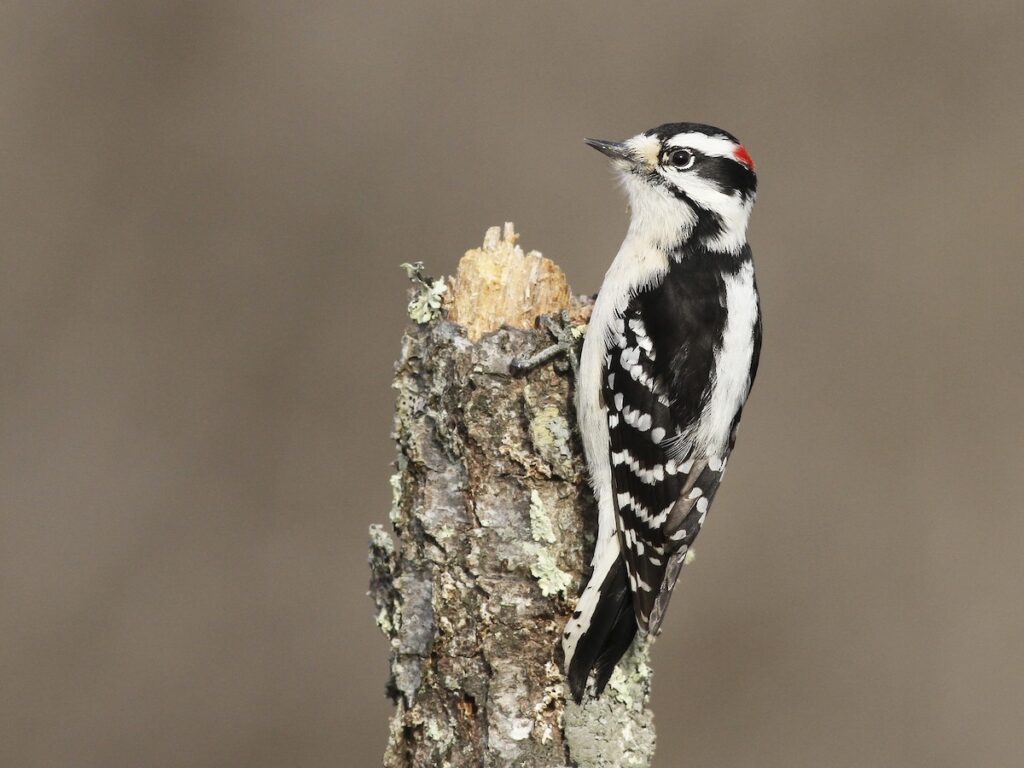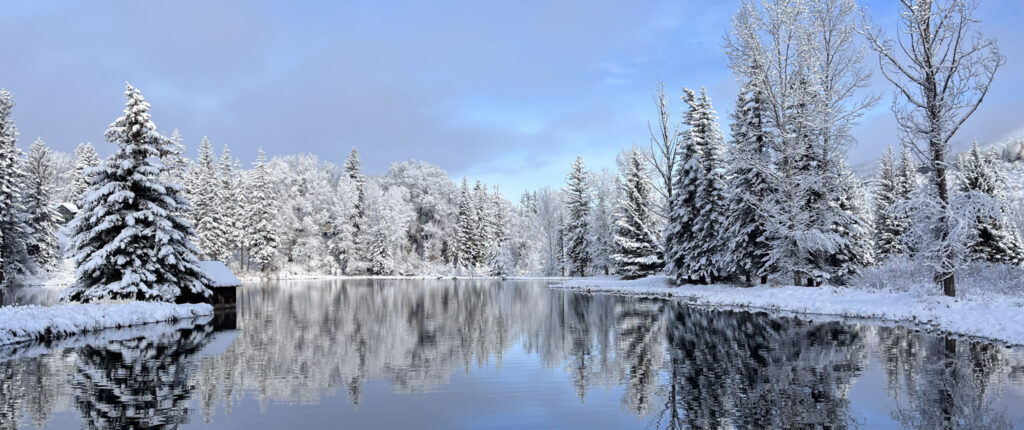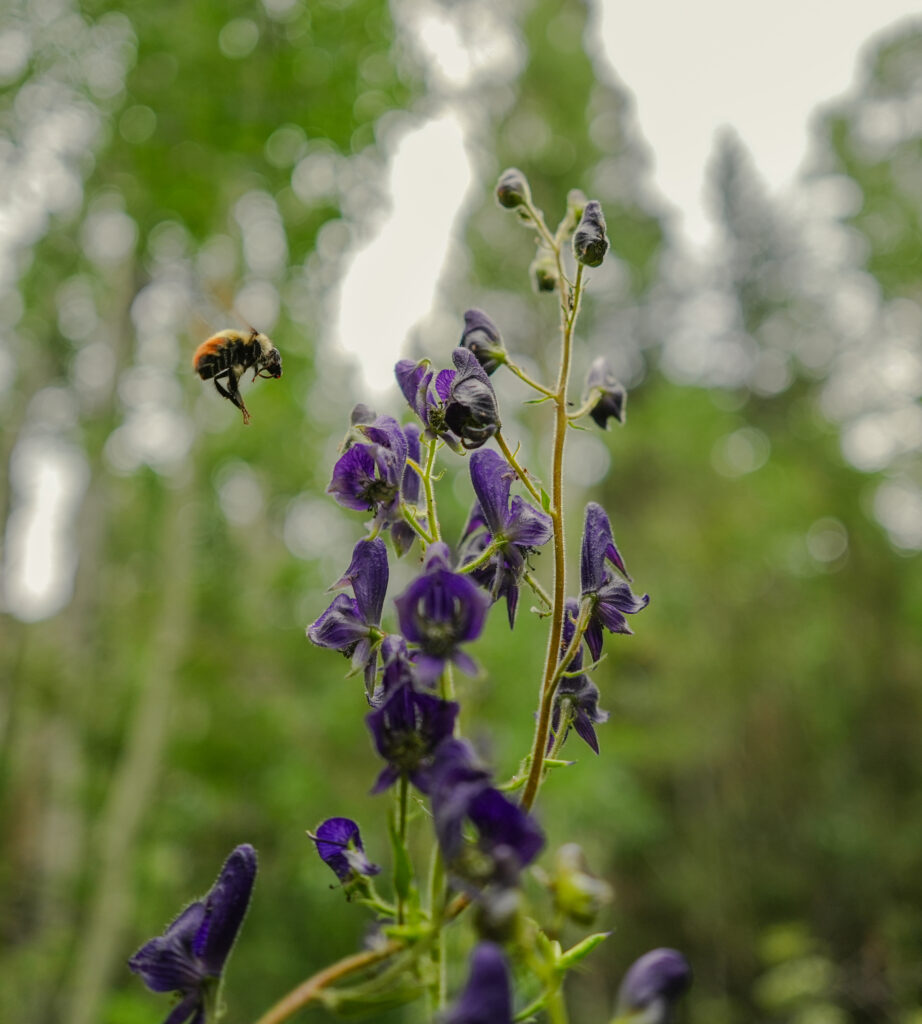Family Ties, Politics, and Nature by Chris Lane
Chris Lane
May 28, 2025

Even divided families can unite around environmental protection.
Chris Lane, CEO, Aspen Center for Environmental Studies
May 2025
I love my brother deeply. His children, my nephews and nieces, are also dear to me. They live in Florida about 10 miles from a “Trump Megastore” (something I never knew even existed) and voted for Trump on his promises of lower taxes and a better economy.
I have several cousins who are career policemen who praise Trump as a devoted supporter of law enforcement.
My wife’s cousins, who endured the legal rigors and high costs of immigrating legally from Colombia, view stopping illegal immigration as “only fair.”
I also have an uncle who is pro-choice and an aunt who favors more gun control. Including my own family, Americans may be more divided politically and culturally than at any other time since the civil war.
Yet, despite some political differences, there is one thing all my relatives agree upon: our basic human need for clean air, water and food, and protection of nature.
Simply put, there has never been a more important time in human history to ensure that we protect it.
“Despite some political differences, there is one thing all my relatives agree upon: our basic human need for clean air, water and food, and protection of nature.”
Nature doesn’t care if you are Jewish, Christian, or Muslim. Gay, straight or trans. Republican or Democrat.
The evidence is unequivocal, and the science is clear—we are living through the dual crises of biodiversity loss and climate change—driven by the unsustainable use of our planet’s resources.
From a biodiversity standpoint, environmental scientists, whom I like to think of as our “planetary first responders,” calculate that of the roughly 2 million different species on our planet, between 200 and 2,000 extinctions will occur every year. Compare that to the last 500 years where we lost on average 1.8 species per year.
From a climate standpoint, according to the 5th congressionally mandated National Climate Assessment (if you haven’t read it, I’ll save you 20 hours of reading): there are plenty of new reasons for despair. Human beings have put about 1.6 trillion tons of carbon in the atmosphere since the Industrial Revolution — more than the weight of every living thing on Earth combined. And temperatures, as we all know, continue to rise.
“As nature changes due to human impacts, we need knowledge — not just about what’s disappearing but also about how to build more resiliency. Defunding the National Nature Assessment and the National Science Foundation robs us of that knowledge!”
ACES has been studying, educating around, and communicating the science of our environment and nature for more than 55 years. What has pushed us forward isn’t just the science, but rather what the science is telling us: human existence depends on nature for survival in countless ways. Protecting it should be a non-partisan issue.
Unfortunately, under the current administration, the National Science Foundation, which funds much of the fundamental scientific research at American universities, is now decreasing its research funding by 50% from $2.1 billion to $989 million.
Relative to the 10-year average, STEM education funding has declined 80 percent. Funding for bioengineering and environmental systems has fallen by 71
percent this year. Funding for environmental biology is down 50 percent.
And last month, as more collateral damage in the political battles to reverse dozens of Biden executive orders, this administration halted all work on the National Nature Assessment. If you’ve never heard of this, it’s a multi-year effort by nearly 200 scientists to create the first full accounting of nature in America. This would be a rigorous, independent effort to tell the story of nature in America and its role in our health, economy and well-being.
This is a problem for us all because whether it’s rural forests absorbing flooding, pollinators helping a farm, or maybe just wilderness taking your breath away, nature is the source of our safety, our mental and physical health, and our medicine.
Culturally, nature is a social adhesive, giving us all a sense of belonging and opportunities to connect.
Physically, it is infrastructure. Whatever happens to the air that spotted owls breathe, and the water and soil that feeds the forests they dwell within, also happens to the air WE breathe, the trees that filter the carbon WE produce, the water WE drink, and the climate that affects it all.
Nature is also an economic backbone. For example, in the Americas alone, nature provides some $24 trillion of non-monetized benefits to humans each year. In the US, outdoor recreation accounts for $640 billion in GDP. Food production depends on healthy ecosystems and provides millions of jobs. Forests absorb immense quantities of carbon and help slow the pace of global warming—reducing the probability of California wildfires and hurricane-induced Asheville flooding.
“When knowledge is threatened, we must act. When institutions falter, the mission doesn’t have to.”
Responding to climate change and the global extinction crisis will not only create a better world for our children and grandchildren, but also it will make the world better for us right now! It will make our air and water cleaner, our economy stronger and our quality of life better.
As nature changes due to human impacts, we need knowledge — not just about what’s disappearing but also about how to build more resiliency. Defunding the National Nature Assessment and the National Science Foundation robs us of that knowledge!
To protect and better understand nature, we need many more people to get on board. We need nonprofits, academic institutions, businesses, and governments to help fill funding gaps.
We must vote for candidates who know that, regardless of how one feels about issues like gun control, abortion, the economy, immigration, or the war in Ukraine, we STILL must protect our environment.
To continue the work of the National Nature Assessment, Phillip Levin, professor in the College of Environment at the University of Washington, created United by Nature, an initiative to “provide evidence-based, nonpartisan insights into the changing state of nature across the country.” This will be the first independent assessment, to be released in July 2026, of how nature in the United States is doing and how it supports our health, security, culture and economy. To learn more or to get involved, go to https://weareunitedbynature.org/.
When knowledge is threatened, we must act. As Professor Levin said, “When institutions falter, the mission doesn’t have to.”
We have a once-in-human-history chance to prevent the worst effects of climate change and the loss of nature. It would be a shame to squander this opportunity. I know that my brother, cousins, and in-laws would agree.
Related Content

ACES Morning Birding at Hallam Lake 02/03/26
Learn More
Nature is Nonpartisan: The Urgency of Now
Learn More